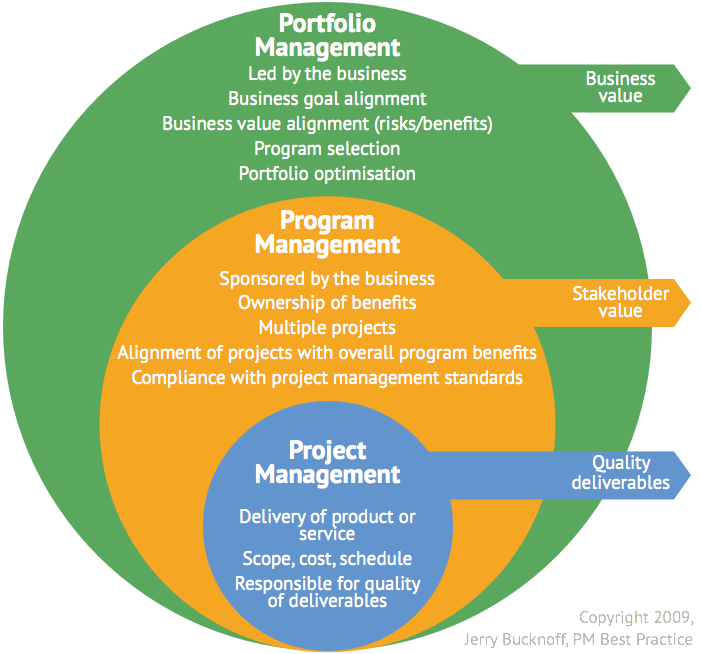At first glance, it may seem like a simple reshuffling of words, but is there more to it than meets the eye? Could this quote, taken from the pages of Covey's book "The 7 Habits of Highly Effective People", hold the key to embracing challenges and fostering personal growth?
The Philosophy of Prioritization
Let's start by examining the essence of the quote. What is Covey getting at? The concept of prioritization, of course. But more than just any form of prioritization. We're not talking about the kind where you decide which tasks on your to-do list are more critical and tackle them first. That's prioritizing what's on your schedule. It's reactive, not proactive.
Covey's wisdom urges us to step back and do something fundamentally different: Schedule our priorities. What does that entail? It involves proactively deciding our true priorities and what matters to us and ensuring these things get onto our schedules. It's about taking control of our lives rather than merely responding to demands.
Embracing Challenges through Prioritization
So how does this approach help us embrace challenges? Imagine you're an avid runner, but you've struggled to make time for your training sessions due to a busy work schedule. When you prioritize what's on your plan, you may only fit in a run when a gap appears in your calendar, which happens sometimes. However, if you schedule your priorities, you consciously make running a non-negotiable part of your schedule, just as crucial as any work meeting or personal appointment. This approach lets you face the challenge head-on, strengthening your discipline and resilience.
Fostering Personal Growth in Difficult Situations
Now, let's delve deeper. How does Covey's philosophy of prioritization foster personal growth in difficult situations?
By proactively scheduling our priorities, we're making room for what's important to us and making a strong statement about who we are and what we value. Doing this creates a solid foundation for growth, even when the going gets tough.
For instance, if one of your priorities is personal development, you may schedule weekly time for reading, learning, or attending workshops. Doing so creates opportunities for growth and development, regardless of what else is happening in your life. Even if you're going through a challenging time at work or in your personal life, this commitment to personal development remains a constant, encouraging you to grow and evolve.
The Hidden Opportunities in Adversity
When we face adversity, it's easy to become overwhelmed and lose sight of our priorities. But remember Covey's quote? It's during these times that scheduling our priorities becomes even more essential.
Why, you may ask? Because adversity often brings with it hidden opportunities. It's a chance to develop resilience, learn a new skill, or discover a strength we didn't know we had. But to seize these opportunities, we must have clarity about our priorities.
Imagine you're faced with a significant career setback. If one of your priorities is resilience, you might view this setback not as a disaster but as an opportunity to strengthen your resilience. By scheduling time to reflect, learn from the experience, and develop strategies for moving forward, you're not just overcoming adversity but also growing and developing as an individual.
In Conclusion: The Transformative Power of Words
Stephen Covey's quote is more than a clever play on words. It's a philosophy for life, a guiding principle that can help us embrace challenges, foster personal growth, and uncover opportunities even in the face of adversity.
It can be challenging to schedule our priorities, especially when life gets busy or challenging. But by doing so, we take control of our lives and create space for what truly matters. And that, dear readers of QuoteGlasses, is the transformative power of words at its best.
So, what will you schedule today?
Article Summary - 10 Key Takeaways
- Stephen Covey's quote urges proactive prioritization: Covey's wisdom encourages us to schedule our priorities, transforming us from being reactive to proactive, which puts us in control of our lives.
- Reactive prioritization vs Proactive scheduling: Prioritizing what's on your schedule is simply reacting to tasks, while scheduling your priorities ensures that important aspects of our lives are given the attention they deserve.
- Embracing challenges through prioritization: By scheduling our priorities, we're more equipped to face challenges head-on, fostering discipline and resilience.
- The philosophy of prioritization fosters personal growth: Making a conscious effort to prioritize important aspects of our lives provides a solid foundation for growth, even in adversity.
- Scheduled priorities reflect personal values: When we schedule our priorities, we make a statement about who we are and what we value, promoting authenticity and self-awareness.
- Adversity often brings hidden opportunities: Scheduling our priorities becomes even more essential in adversity, as it often conceals opportunities for growth and development.
- Overcoming adversity through prioritization: Prioritizing resilience in the face of setbacks can transform adversity into a chance for personal growth.
- Scheduled reflection promotes learning and growth: By scheduling time for reflection and learning, we ensure continuous personal development regardless of external circumstances.
- Covey's wisdom is a guiding principle for life: This philosophy encourages us to take control of our lives and create space for what truly matters, leading to personal transformation.
- Applying Covey's philosophy in daily life: By asking ourselves what we will schedule today, we are urged to apply this philosophy in our daily lives, bringing us closer to achieving our goals and personal growth.







